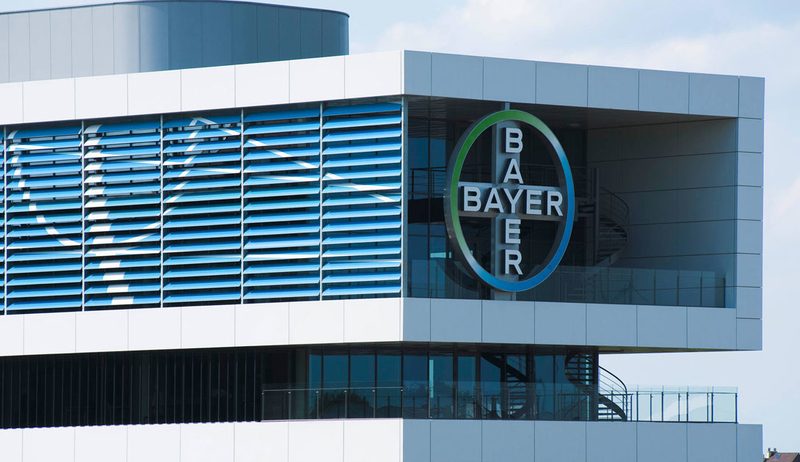Bayer has struck a deal to acquire Asklepios BioPharmaceutical for $2 billion upfront. The deal, which features an additional $2 billion in milestones, will give Bayer control of an adeno-associated virus (AAV) gene therapy platform and a pipeline led by clinical-phase treatments for Parkinson’s, Pompe disease and congestive heart failure.
Asklepios, known as AskBio, is a veteran of the gene therapy space. Jude Samulski, a pioneer of AAV vectors, founded the company in 2001. Since then, AskBio has built out an AAV platform and an associated high-yield cell line, and it’s worked with Columbus Venture Partners to establish gene therapy manufacturing capacity—a scarce, valuable resource in the booming industry. The manufacturing site is run by Viralgen, the CDMO AskBio set up with Columbus.
AskBio, which provided the self-complementary DNA technology used in Novartis’ approved gene therapy Zolgensma, has used its capabilities to develop an internal pipeline of neuromuscular, central nervous system, cardiovascular and metabolic gene therapies.
Germany’s Bayer has valued the assets at $2 billion upfront, plus the same again in success-based milestones. Three-quarters of the success-based milestones are tied to events scheduled to happen in the next five years.
Bayer sees potential to use AskBio’s platform to tackle relatively large, polygenetic indications. The company also foresees opportunities to use the CDMO business as the foundation for partnerships involving AAV therapies.
Once the deal closes, likely in the fourth quarter, Bayer will allow AskBio to operate autonomously as part of a new cell and gene therapy unit in a bid to “preserve its entrepreneurial culture.” The cell and gene therapy unit “will bundle Bayer’s activities in this area moving forward in order to establish an innovation ecosystem for the participating partners,” the German company said.
Bayer has begun to build out that ecosystem in recent years. Last year, Bayer paid $240 million upfront to acquire the almost 60% of BlueRock Therapeutics that it didn’t already own, giving it access to an induced pluripotent stem cell (iPSC) platform and associated pipeline. Shortly before that, Bayer invested $215 million in Century Therapeutics, another iPSC startup.
The series of deals has given Bayer full or partial stakes in a clutch of cell and gene therapy programs, plus infrastructure to develop and manufacture the assets. Other companies have embarked on similar strategies, notably in the gene therapy space, leading to a series of deals that have given companies including Biogen, Novartis and Roche control of therapeutic assets and infrastructure.

